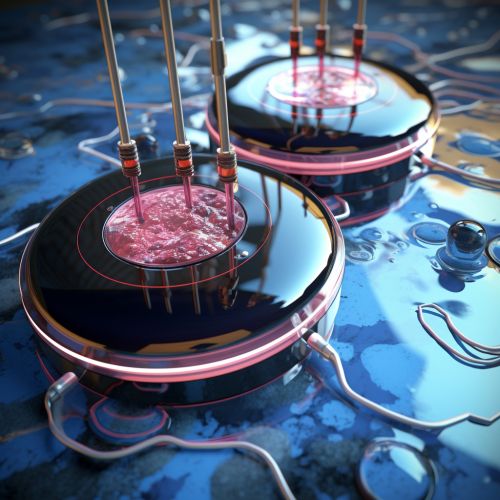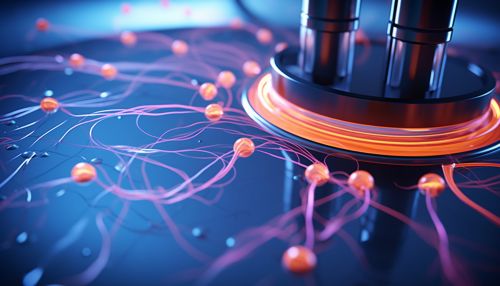Electrochemistry
Introduction
Electrochemistry is a branch of chemistry that deals with the interrelation of electrical and chemical effects. It is a field that applies the principles of electricity and chemical reactions towards the understanding of how different substances interact with each other. This interaction often involves the transfer of electrons between atoms, which is known as a redox reaction.
History of Electrochemistry
The history of electrochemistry spans centuries, with its roots in the experiments of early scientists and natural philosophers who were intrigued by the mysterious link between chemical reactions and electricity. The term "electrochemistry" was first used in the 19th century, but the concepts and principles it encompasses have been explored since ancient times.
Fundamental Concepts
Electrochemistry is based on several fundamental concepts, which include oxidation-reduction reactions, electrochemical cells, and thermodynamics.
Oxidation-Reduction Reactions
Oxidation-reduction reactions, or redox reactions, are chemical reactions that involve the transfer of electrons from one substance to another. In these reactions, one substance is oxidized (loses electrons) while another is reduced (gains electrons). This transfer of electrons is the basis of all electrochemical reactions.
Electrochemical Cells
An electrochemical cell is a device that can generate electrical energy from a chemical reaction or use electrical energy to cause a chemical reaction. There are two types of electrochemical cells: galvanic cells, which convert chemical energy into electrical energy, and electrolytic cells, which use electrical energy to drive a non-spontaneous chemical reaction.
Thermodynamics
Thermodynamics plays a crucial role in electrochemistry as it governs the direction and extent of chemical reactions. The second law of thermodynamics, in particular, is essential in determining the feasibility of electrochemical reactions.


Applications of Electrochemistry
Electrochemistry has a wide range of applications in various fields, including energy storage, materials science, and environmental science.
Energy Storage
One of the most significant applications of electrochemistry is in the field of energy storage. Batteries and fuel cells, which are based on electrochemical reactions, are essential components of many modern technologies, including electric vehicles and renewable energy systems.
Materials Science
In materials science, electrochemistry is used in processes such as electroplating and electropolishing to modify the properties of materials. Electrochemical methods are also used to study corrosion, which is the degradation of materials due to chemical reactions.
Environmental Science
Electrochemistry also plays a role in environmental science, particularly in the treatment of water and waste. Electrochemical methods can be used to remove pollutants from water and to generate electricity from waste.
Future Directions
The field of electrochemistry continues to evolve, with ongoing research focusing on areas such as energy storage, materials development, and environmental sustainability. With the increasing demand for clean energy and sustainable technologies, the role of electrochemistry in society is likely to continue to grow.
